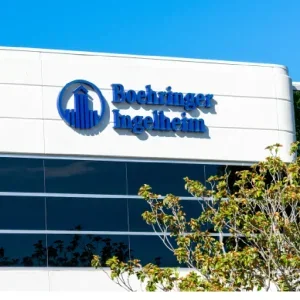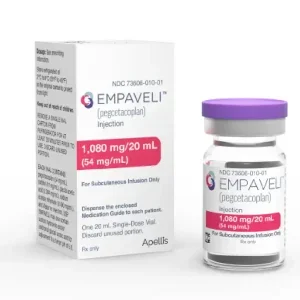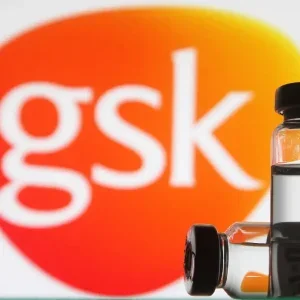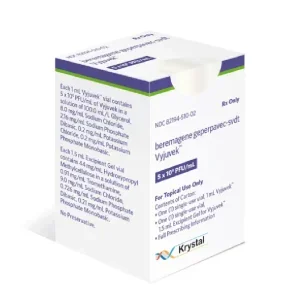Novartis has secured the European Medicines Agency (EMA) PRIME designation for its iptacopan (LNP023) to treat C3 glomerulopathy (C3G).
C3G is a very rare and severe form of primary glomerulonephritis, characterised by complement dysregulation, and is prevalently diagnosed in adolescents and young adults.
PRIME is a voluntary programme introduced by the EMA to enhance support for the development of medicines with the potential to offer therapeutic advance or benefits for patients with limited treatment options.
The Swiss drugmaker said that C3G is often associated with poor prognosis, with around 50% of patients reaching end-stage renal disease (ESRD) within 10 years, and 50% to 70% patients experiencing disease recurrence after kidney transplant.
Iptacopan is an advanced, oral, small-molecule, reversible inhibitor of factor B, an important serine protease related to the alternative pathway of the complement cascade.
Apart from C3G, iptacopan is also under simultaneous development, for the treatment of other renal conditions associated with the complement system, including IgA nephropathy (IgAN), atypical hemolytic uremic syndrome and membranous nephropathy.
Novartis to assess the efficacy and safety of iptacopan in treating PNH
The company is also studying iptacopan for the treatment of paroxysmal nocturnal hemoglobinuria (PNH), a rare blood disease that causes red blood cells to break apart.
A randomised, active-comparator controlled open-label Phase 3 trial is planned to begin in December 2020 to evaluate the efficacy and safety of iptacopan in PNH patients with residual anaemia despite treatment with anti-C5 antibody therapy.
Novartis claimed that its iptacopan is capable of being the first alternative pathway inhibitor to reduce disease progression in various complement driven diseases.
Furthermore, the drug has been granted the orphan designations by FDA and EMA in treating C3G, based on the preliminary data from the Phase 2 trial.






